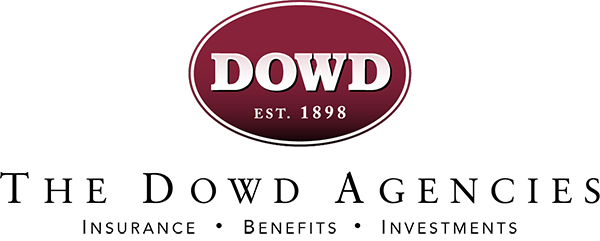
Identify and Prioritize Your Business Risks
Every business faces a unique set of risks based on its industry, location and operational structure. The first step in risk management is to perform a thorough assessment to identify your potential liabilities. These may include property damage, customer or employee injuries, cyber threats or regulatory compliance issues.
Once risks are identified, prioritize them based on their potential impact and likelihood. This helps you focus your limited resources where they are needed most.
Develop and Document Safety Protocols
Establishing clear safety procedures is an effective way to minimize liability and create a safer working environment. While some safety protocols may be industry-specific, many are broadly applicable across small businesses.
Consider implementing:
- Regular employee training sessions on workplace safety and emergency response
- Clear signage and labeling in high-risk areas
- Routine equipment inspections and maintenance
- Policies for safe handling of materials and hazardous substances
Documenting these protocols is equally important. Written guidelines provide clarity, ensure consistency and can be a critical reference point in the event of an incident.
Invest in Comprehensive Insurance Coverage
Insurance is a foundational component of risk management. A strong insurance strategy doesn’t just cover the obvious—like property damage or theft—but also helps shield a business from liability claims that could result from accidents, injuries, professional errors or employee terminations.
We can tailor a coverage plan that fits your business. This might include:
- General liability insurance
- Commercial umbrella liability insurance
- Workers’ compensation insurance
- Professional liability (errors and omissions) insurance
- Employment practices liability insurance (EPLI)
- Cyber liability coverage
A periodic review of your insurance needs ensures your coverage evolves as your business grows and changes.
Stay Compliant With Local, State and Federal Regulations
Regulatory compliance plays a vital role in minimizing legal liability, extending well beyond simply avoiding fines. Small businesses should stay informed about relevant laws and industry standards that affect their operations. This includes everything from tax reporting and employee classification to data privacy and workplace safety rules.
Working with legal and financial professionals can help you navigate the complexities of compliance and avoid inadvertent violations.
Build a Culture of Accountability and Communication
Creating a workplace culture where employees feel empowered to report hazards or potential issues is invaluable. Open communication channels can help you identify small risks before they become larger problems.
Encourage:
- Regular team meetings to discuss safety and operations
- Anonymous reporting tools for workplace concerns
- Recognition for employees who help identify and mitigate risks
This collaborative approach not only enhances safety but also demonstrates your commitment to employee well-being and ethical business practices.
Your Safer, Stronger Future Starts Today
Reducing business liability doesn’t have to be overwhelming. With a proactive mindset and a few strategic actions, small business owners can create a safer, more secure environment for their employees and customers. In turn, this builds trust and helps support long-term success.
For more guidance on how to protect your small business with tailored insurance solutions, contact our team today.
